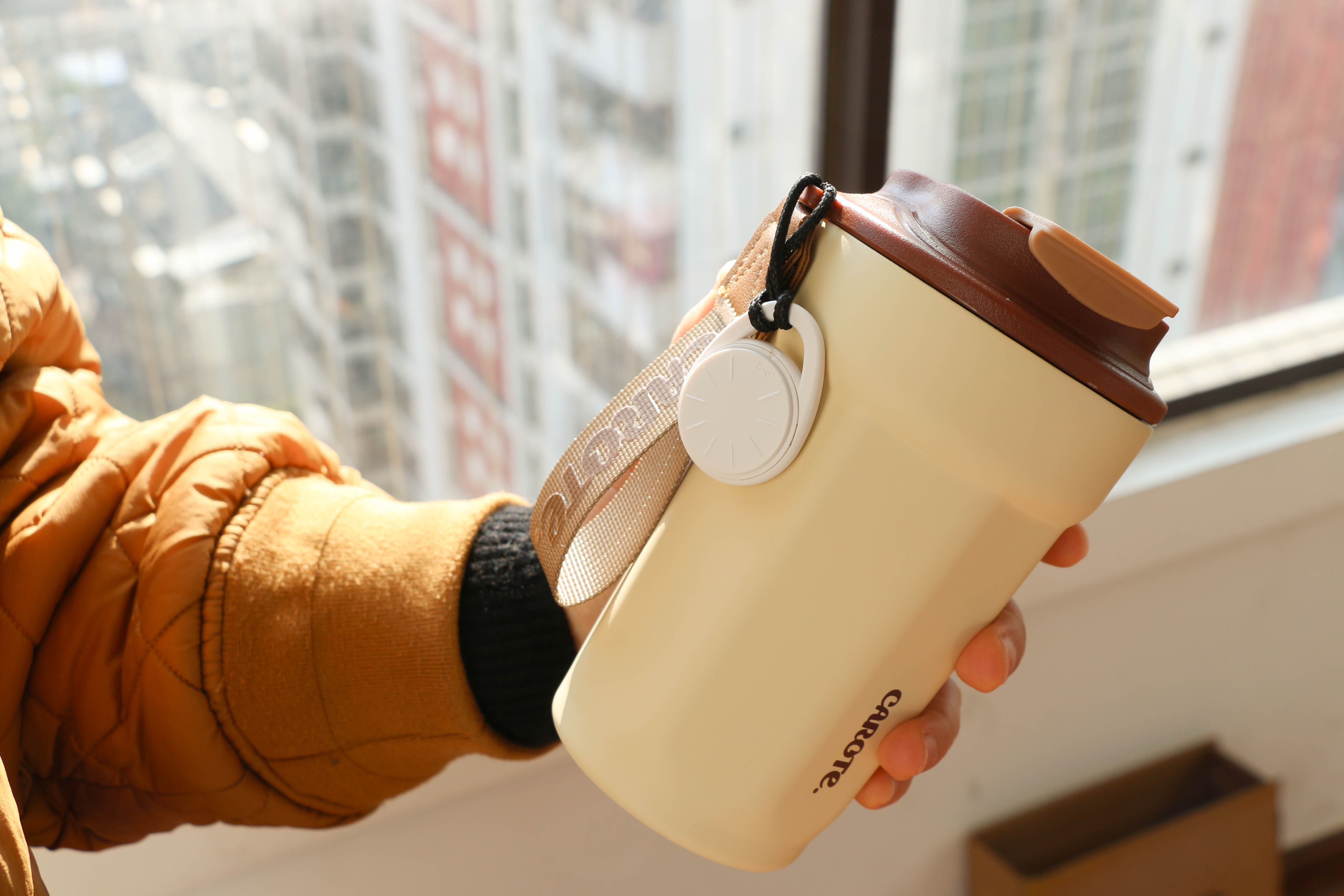The frustrating, time-consuming hunt for misplaced keys is a universal experience. That feeling of panic as you mentally retrace your steps, the mounting anxiety as minutes tick by – it's a scenario most of us know all too well. Fortunately, technology has offered a simple yet effective solution: the Bluetooth key finder. These small, often unassuming gadgets are designed to take the stress out of locating your lost essentials, starting with your keys.
How Do Bluetooth Key Finders Work?
At their core, Bluetooth key finders are small electronic tags that you attach to your keyring. These tags utilize Bluetooth Low Energy (BLE) technology to connect wirelessly to an app on your smartphone.
Here's a breakdown of the typical process:
- Pairing: You first pair the Bluetooth key finder with its companion app on your smartphone. This establishes a unique connection between the tag and your phone.
- In-Range Finding: When your keys are within Bluetooth range (typically up to 200-300 feet, though this varies by device and environment), you can use the app to make the key finder emit a sound, like a beep or a chirp. This audible alert helps you pinpoint their location, whether they're hiding under couch cushions, in a coat pocket, or buried in a bag.
- Two-Way Finding: Many key finders also offer a reverse function. If you have your keys but can't find your phone, pressing a button on the key finder can make your phone ring, even if it's on silent mode.
- Last Known Location: If you leave your keys behind and go out of Bluetooth range, the app will typically record the last known location where your phone and the key finder were connected. This provides a valuable starting point for your search.
- Community Find (Crowd GPS): Some brands leverage a "community find" or "crowd GPS" feature. If your keys are truly lost (outside your Bluetooth range), and another user of the same app passes within range of your lost key finder, their phone can anonymously update the location of your tag in your app. The effectiveness of this feature depends on the number of users in your area.
Key Features and Benefits:
- Peace of Mind: The most significant benefit is the reduction in stress and anxiety associated with losing your keys.
- Time-Saving: Quickly locating your keys means less wasted time searching and more time for what matters.
- Audible Alerts: Loud beeps or melodies from the finder make it easier to locate keys hidden from sight.
- Smartphone Integration: Easy-to-use apps provide a convenient interface for tracking your items.
- Portability and Design: Key finders are generally small, lightweight, and come in various designs to attach easily to your keychain.
- Versatility: While designed for keys, these trackers can also be attached to wallets, bags, remote controls, or even pets (though dedicated pet trackers might be more suitable for animals prone to roaming).
- Affordability: Compared to the cost and hassle of replacing lost keys (especially modern car keys with electronic fobs), Bluetooth key finders are a relatively inexpensive investment.
- Long Battery Life: Many devices boast battery lives ranging from several months to a year or more, with some offering replaceable batteries.
Things to Consider Before Buying:
- Range: The effective Bluetooth range is a crucial factor. Consider where you're most likely to misplace your keys. Obstructions like walls and interference can reduce the actual range.
- Battery Life and Type: Check if the battery is replaceable or if the entire unit needs to be replaced when the battery dies.
- Alarm Sound Loudness: A louder alarm is easier to hear, especially in noisy environments or if the keys are buried.
- App Compatibility and Features: Ensure the companion app is compatible with your smartphone (iOS or Android) and that you like its interface and features. Some apps offer premium features for a subscription fee.
- Community Network Size: If the "community find" feature is important to you, consider brands with a larger user base for a higher chance of your lost item being located.
- Durability and Water Resistance: Look for a finder that can withstand daily wear and tear, and potentially some exposure to the elements.
- Privacy: Be aware that these devices work by tracking location. Reputable brands have privacy policies in place, but it's always good to understand how your data is used.
Popular Options on the Market:
Several brands have established themselves in the Bluetooth key finder market. Some well-known names include:
- Tile: One of the earliest and most popular brands, offering a variety of trackers with different ranges, features, and form factors. They have a large user network for their "Community Find" feature.
- Apple AirTag: Specifically for Apple users, AirTags integrate seamlessly with the "Find My" network, leveraging the vast network of Apple devices for locating lost items.
- Chipolo: Offers a range of colorful trackers, some of which also work with Apple's Find My network, as well as their own app for Android and iOS users. They often highlight the loudness of their alarms.
- Samsung Galaxy SmartTag: Designed for Samsung Galaxy users, these tags work with the SmartThings Find network.
- Cube Tracker: Provides another option with features like replaceable batteries and a compact design.
Conclusion:
Bluetooth key finders are a practical and affordable solution to the age-old problem of lost keys. By leveraging the power of Bluetooth technology and smartphone apps, these small devices offer convenience, save time, and provide invaluable peace of mind. When choosing a key finder, consider your specific needs regarding range, battery life, alarm volume, and app features to find the perfect little helper to keep your keys (and your sanity) in check.



Share:
The Effortless Security of Bluetooth Trackers
Unpacking the Popularity of Key Trackers